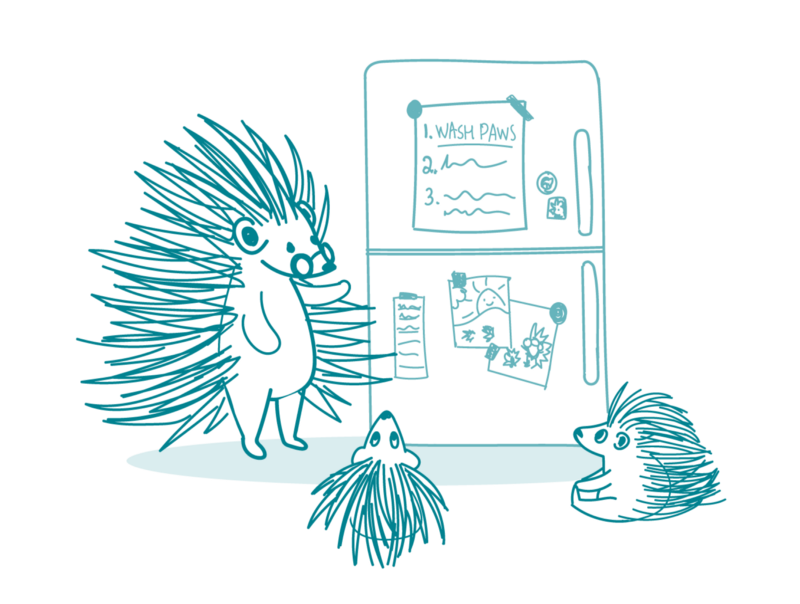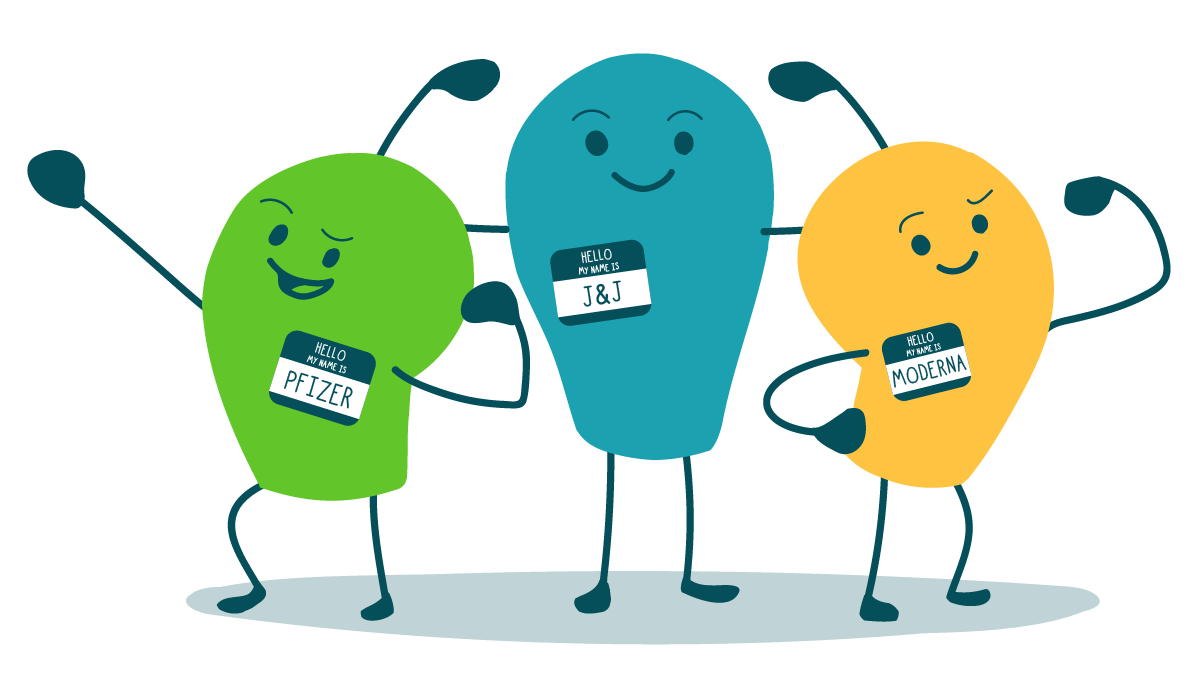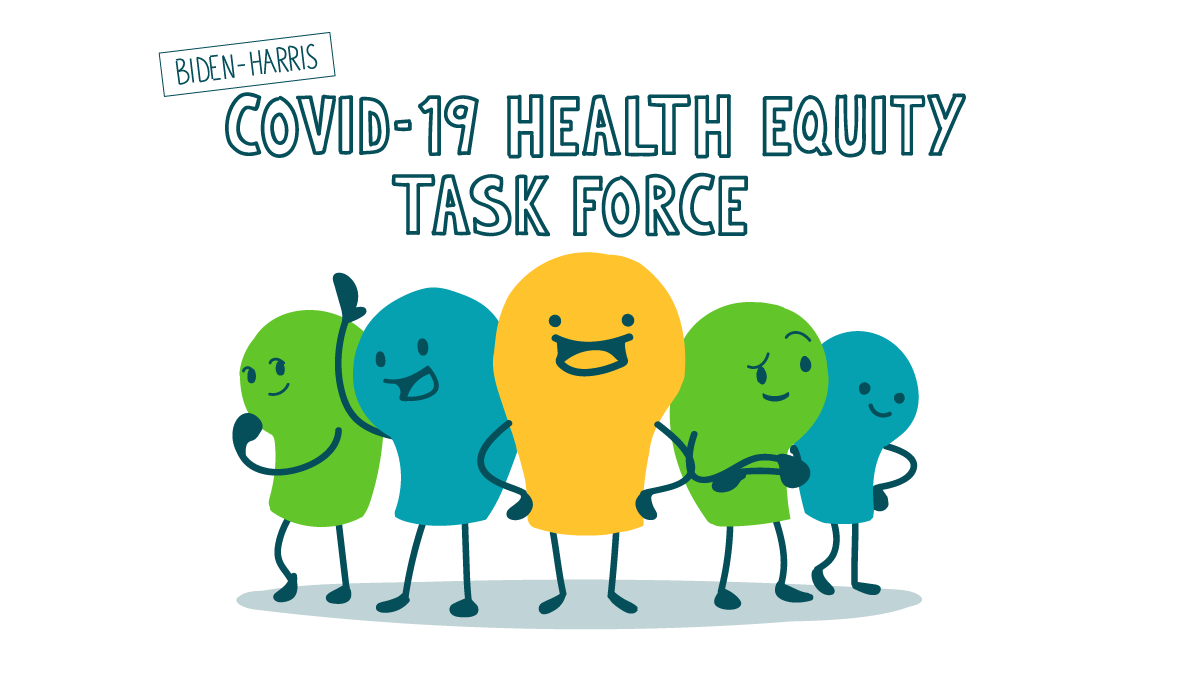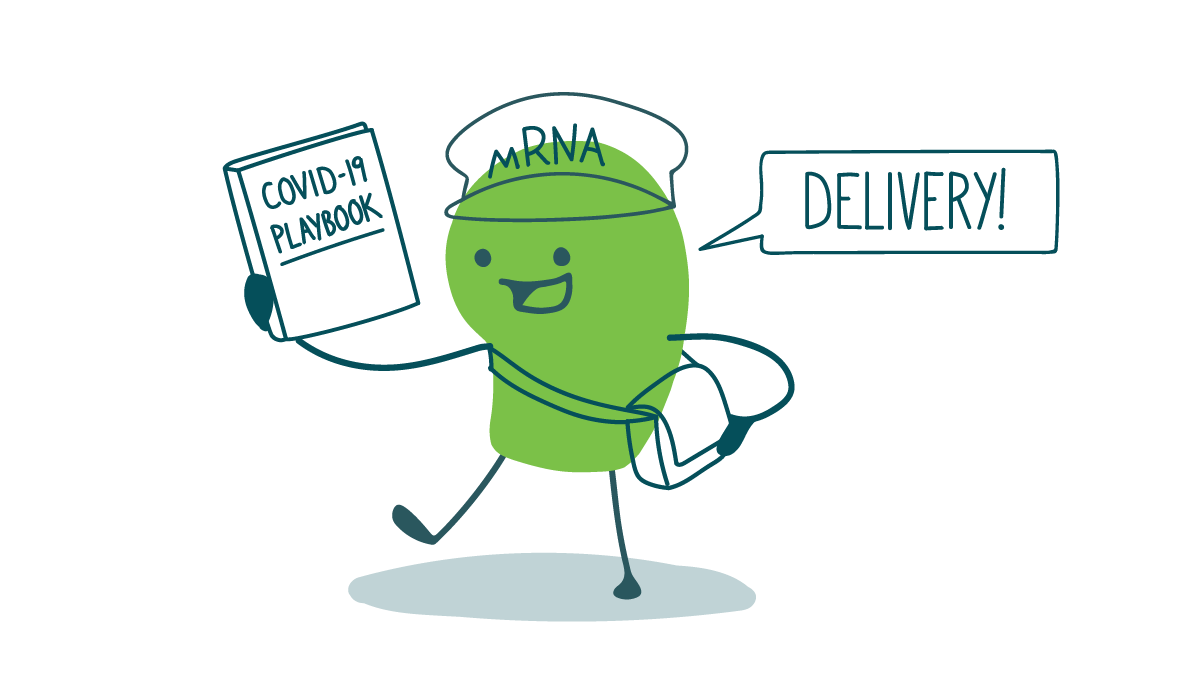
Whether you’re writing about what to call the coronavirus outbreak or how health officials are trying to limit its spread, it’s a lot to unpack! Information about COVID-19 can be confusing and overwhelming — for anyone.
Now imagine being a kid. Maybe your school closed with no warning. Maybe your parents are struggling to work from home — or worse, out of work. Maybe you heard that playdates with your friends are now… dangerous? And why is everyone freaking out about toilet paper?
Unsurprisingly, lots of kids are scared and confused. As health communicators, we can help kids understand what’s happening — and maybe calm their fears a little, too. Use these tips to communicate with kids about coronavirus:
- Keep it simple. We’re big fans of plain language for any audience, but it’s especially important when talking to kids. The news might say: “Public health officials urge citizens to refrain from all discretionary travel.” But you can go with: “It’s important to stay at home unless you really need to go somewhere — like to the doctor.”
- Be honest about what we know — and what we don’t. Stretching the truth to ease fear and anxiety might work in the short term, but that approach can backfire. If you tell kids (or even adults!) that everything will be back to normal very soon, they’ll feel betrayed and even more confused when the emergency lasts much longer.
- Emphasize the positive. Researchers have found that kids who get COVID-19 usually have only mild symptoms. You can explain this — and remind them that doctors and scientists are working hard to keep people safe and healthy.
- Fight racial stigma. Kids may have heard people (or, you know, a president) talking about the “Chinese virus.” This label spreads the dangerous lie that people of Chinese descent are responsible for the outbreak or more likely to have the disease. To help bust harmful myths like this one, make sure kids know that the way you look and the language you speak have nothing to do with spreading diseases.
- Tell kids what they can do to help. No one likes to feel helpless. Give kids simple steps they can take to help keep themselves and others healthy, like washing their hands, trying not to touch their faces, and staying at home. Throw in a few songs to sing during a handwashing session, too.
- Let kids feel however they feel. It’s important to normalize kids’ feelings — whatever those feelings may be. Scared your family will get sick? Totally normal. Sad you can’t play with your friends? Makes sense. Downright angry to be cooped up at home with your siblings? Understandable!
The bottom line: Be honest and empathetic when talking with kids about coronavirus.
Tweet about it: Talking to kids about #coronavirus? @CommunicateHlth shares tips for communicating with younger audiences: https://bit.ly/3bM8mVo
Browse recent posts


